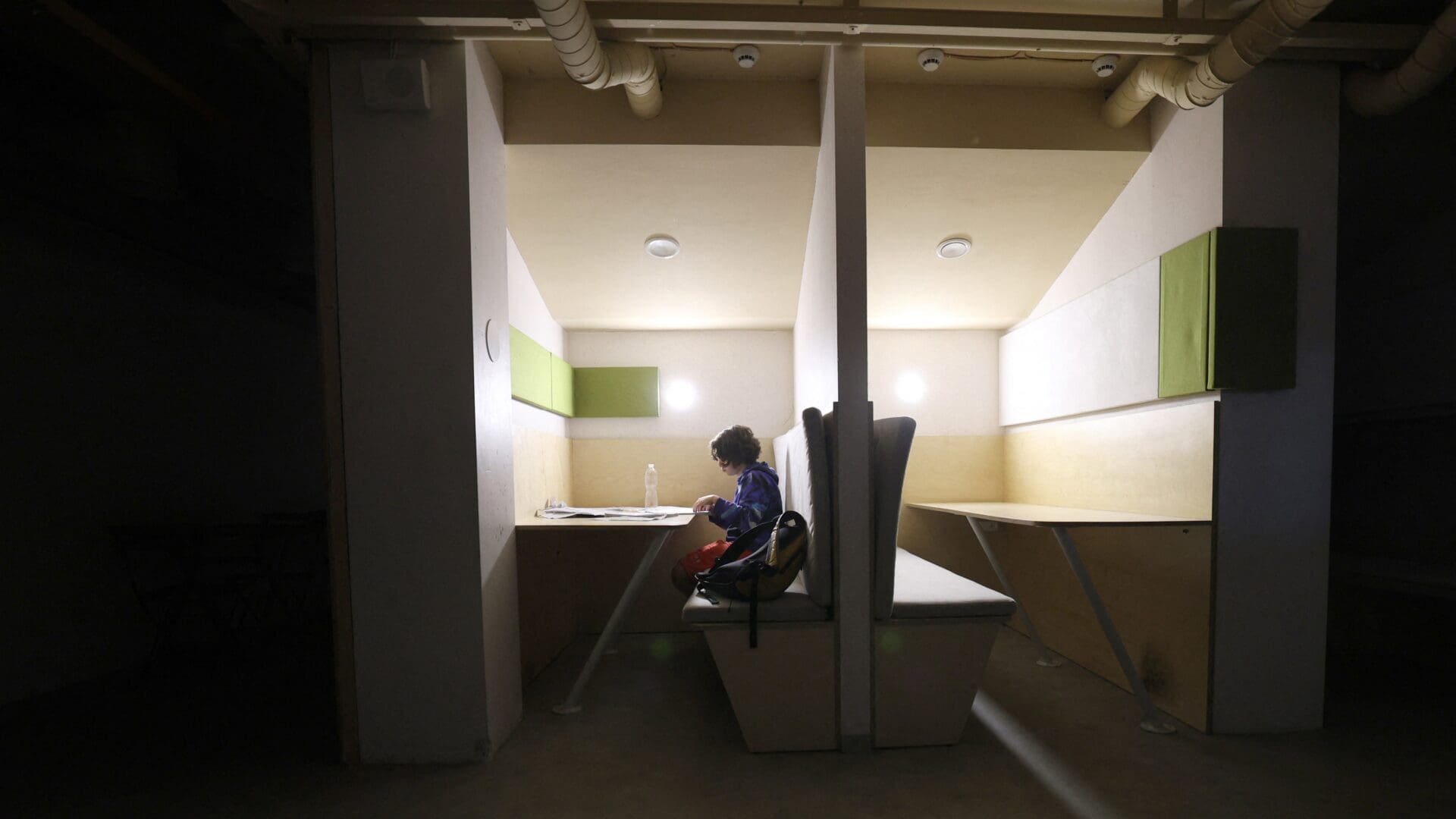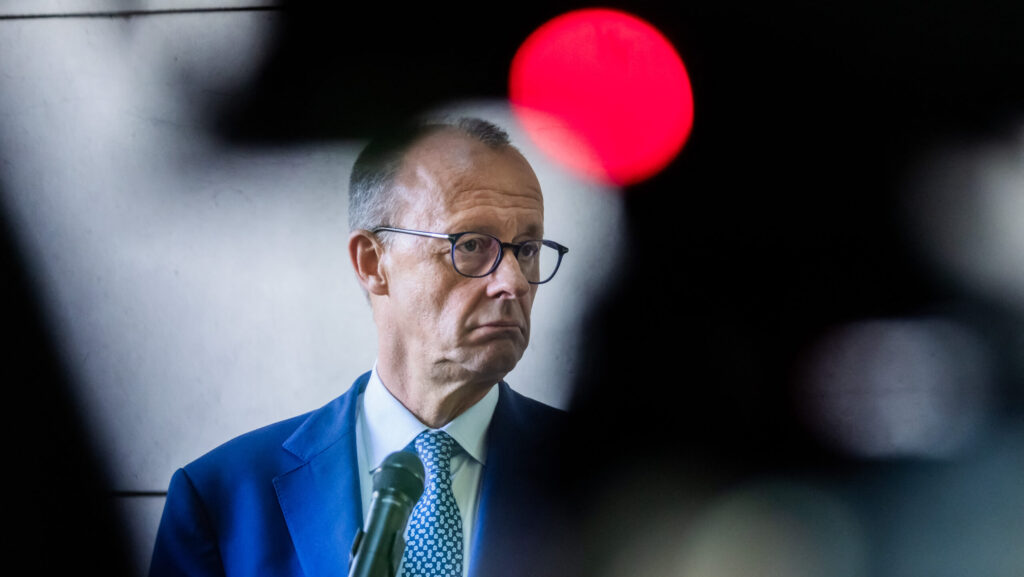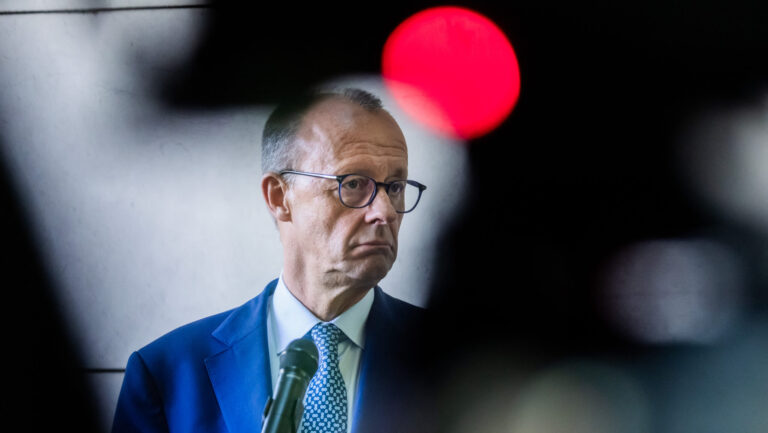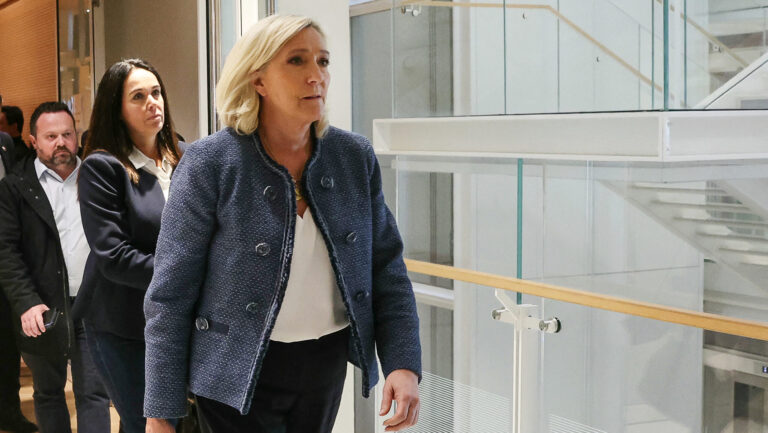Ukraine’s first underground school is being built in the southern city of Zaporizhzhia, so that children will be able to attend in-person classes from this autumn. It is designated to accommodate 500 students from nearby schools and is planned to be built around seven metres underground. Since the Russian invasion, civilian infrastructure, including schools, has been repeatedly targeted, therefore education is mostly realized online.
Ukrainian Deputy Minister of Education Yevhen Kudriavets highlighted that the full-scale invasion damaged one in seven schools in the country, meaning that 3,500 educational institutions have suffered some kind of destruction and nearly 400 have been completely destroyed. The minister stressed that attacks on educational infrastructure violate children’s right to education and
have a severe impact on educational quality, socialization, and societal integration.
The Zaporizhzhia region has particular significance mainly because Europe’s largest nuclear power plant can be found there. Russian troops took over around two-thirds of the region in the first weeks of the war, rolling into the cities of Melitopol and Berdiansk without major fighting, also taking control of the Zaporizhzhia nuclear power plant. The front line eventually settled about 20 miles south of the city of Zaporizhzhia, and has hardly shifted since. Since the occupation the plant has not been operational, but the fighting around it has raised alarm across Europe, with many fearing a major nuclear disaster.
Regarding education, occupation authorities have also banished Ukrainian from the curriculum in the Zaporizhzhia region; Russian language and literature classes have been added instead. Ukrainian textbooks have been replaced by Russian ones, which clearly aims to develop a Russian civic identity among the students. Since the invasion, education mostly takes place online. Many parents are worried to send their children to school during the war, however, others think it is or would be important to maintain in-person education. According to the February poll of the Ukrainian polling agency Vox Populi, 81 per cent of students in front-line regions learn online rather than in physical classrooms. In Western Ukraine, 64 per cent of students study ‘mostly or always’ online. In front-line regions, 87 per cent of teachers said that their workload had increased due to the full-scale Russian invasion, citing security challenges and the need to allocate more time to providing psychological and emotional support to their students as contributing factors.
Governor of the Zaporizhzhia region Ivan Fedorov announced last month that ten underground schools will be built across the region, five being already under construction and expected to open in the autumn. The newly built educational facilities will become educational platforms for children from several Zaporizhzhia districts, as well as from nearby settlements.
The Human Rights Watch report Education Under Occupation published last month stressed that the Russian invasion put Ukraine’s education system under enormous strain. For instance, the Russian authorities punished distance learning or teaching of the Ukrainian curriculum, while teachers and parents described Russified schools as
having very limited classes and hours of instruction, insufficient staff, and often no electricity.
Some Ukrainian children from territories that Russia has occupied since its initial 2014 invasion of Ukraine have studied only under the Russian system and will need additional support to integrate and thrive in the Ukrainian system, according to Ukrainian civil society groups supporting education. Therefore, Ukrainian national and local education authorities, with support from Ukrainian civil society and international donors, had to take innovative steps to provide additional resources. These include efforts to expand the online curriculum, which have been in place since the coronavirus pandemic. The online curriculum now consists of 10,000 video lessons for fifth- through eleventh-graders.
For the sake of the realization of these innovative steps, including the build-up of underground schools, extensive financial support is needed. According to the World Bank report released in February 2024, the total cost of reconstruction and recovery in Ukraine is $486 billion over the next decade, up from $411 billion estimated one year ago. In 2024 alone, Ukrainian authorities estimate the country will need around $15 billion for immediate reconstruction and recovery priorities at both the national and community level. The highest estimated needs are in housing, transport, commerce and industry, agriculture, energy, social protection and livelihoods, and explosive hazard management. However, education is evidently not included in the most crucial areas of reconstruction, thus Ukraine would need additional support to continue the process of its transformation, including the construction of underground schools.
Related articles:








